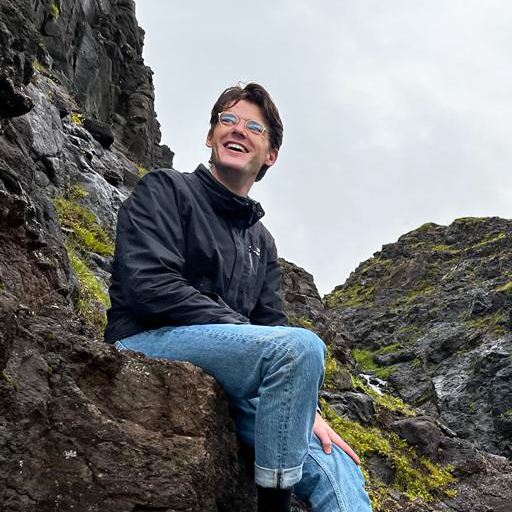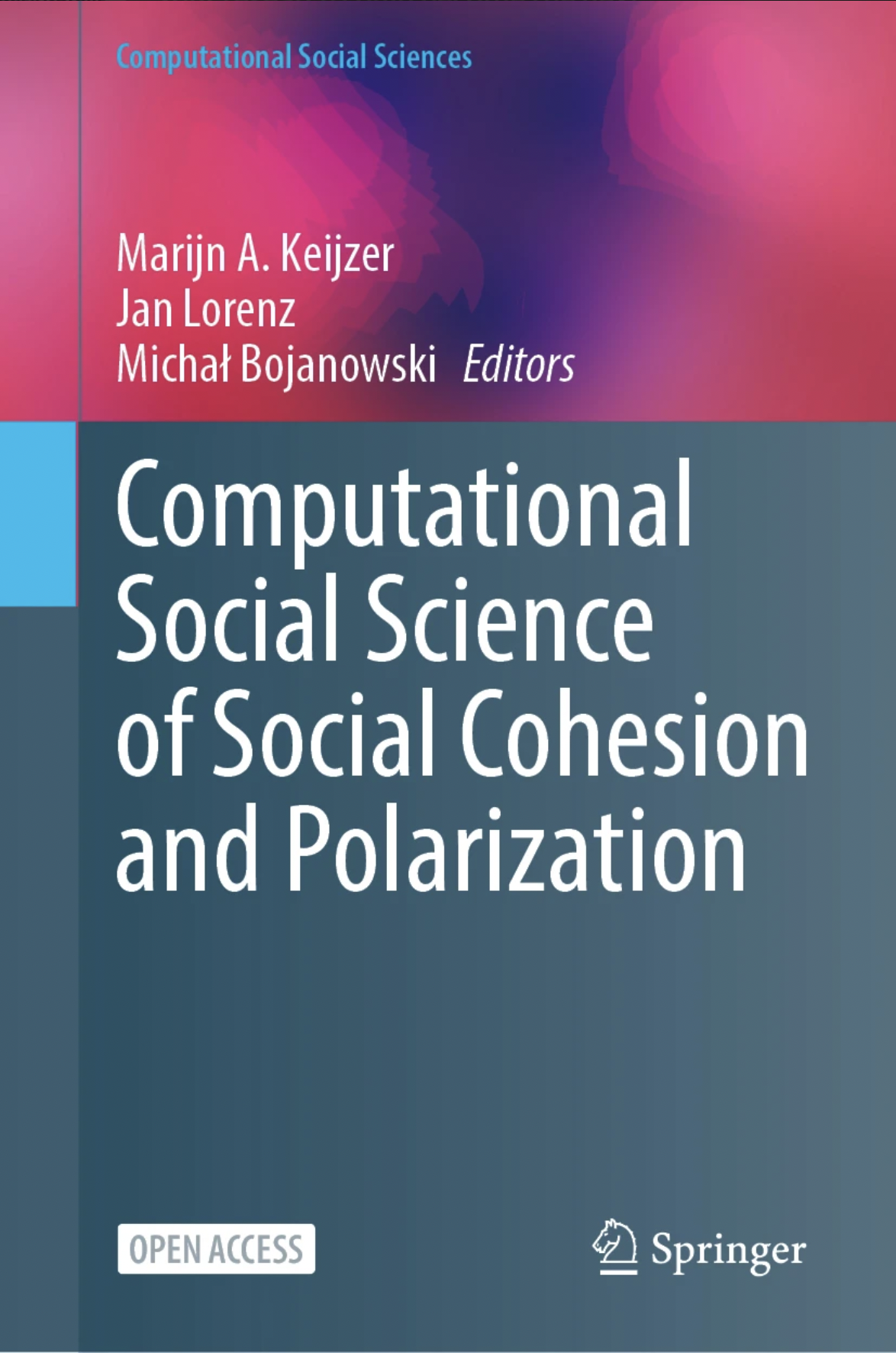
Hi! My name is Marijn
I’m a Sociologist and Research Fellow at the Institute for Advanced Study in Toulouse (IAST) & the Toulouse School of Economics (TSE) in France.
I am currently working on the effects of network embeddedness, identity-bias and politicization of decision making on the emergence of polarization. Specifically, I study how pro-environmental attitudes form and how we can overcome the effects of false polarization, identity-based disagreement and belief consolidation that currently stand in the way of collective action for climate change mitigation.
My research interests lie, more generally, in understanding social influence, opinion dynamics, and political polarization. I use methods from computational social science and sociology like formal modeling, online experiments and the analysis of digital trace data. In my PhD research I focused on the impact of communicating via online social media platforms on processes of opinion formation and the diffusion of culture.
I got my PhD in Sociology from the University of Groningen where I was a member of the Norms and Networks Cluster and the ICS. Before joining the IAST-TSE, I was a Postdoctoral researcher at the Chair of Sociology and Computational Social Science in the Karslruhe Institute of Technology.
Here, you can find more about my current projects, general research interests, and publications.
Let’s get in touch!
✉️ marijn.keijzer@iast.fr
Computational Social Science of Social Cohesion and Polarization
What holds societies together—and what drives them apart? As worry over political polarization and social cohesion intensifies across the globe, this volume explores timely and vital questions of social cohesion and polarization through the lens of Computational Social Science. It brings together leading and junior scholars who harness the power of computational methods to analyze, model, and understand discourse, social relationships, and beliefs. Drawing on tools such as agent-based modeling, social network analysis, and natural language processing, the book offers a range of innovative approaches to study how belief systems form, attitudes polarize, and communities fragment.
Aimed at researchers, students, and practitioners across disciplines, this volume is both an introduction to the field and a showcase of its most promising applications. It is an introduction into CSS of social cohesion and polarization, and an invitation to rethink how we study—and perhaps even how we can repair—the social fabric.
This book is part of the Springer Computational Social Sciences series
Co-editors: Marijn Keijzer, Jan Lorenz, Michał Bojanowski
| Website created with R Markdown | Last updated on |
